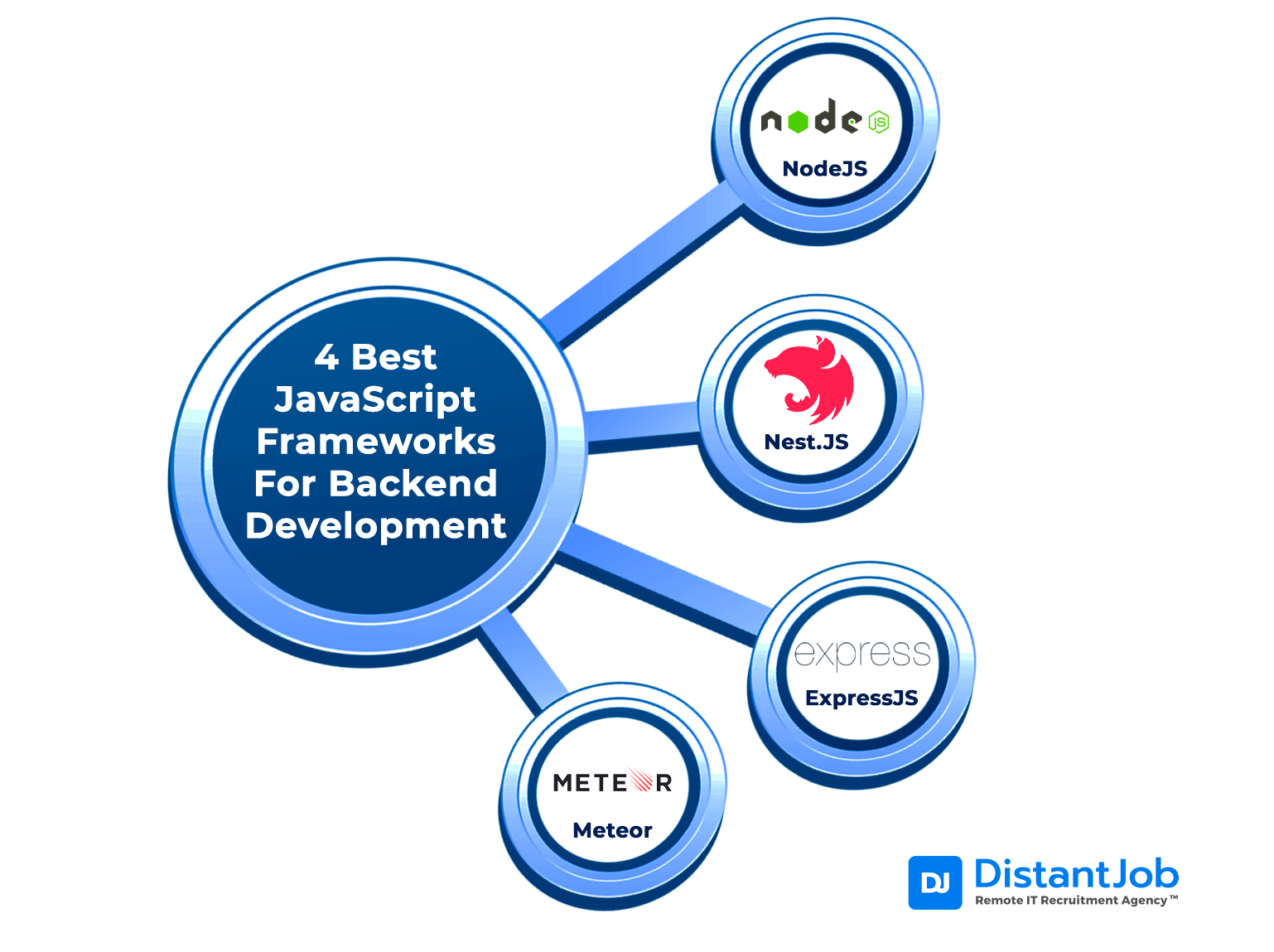SEO Gush
Insights and updates on the ever-evolving world of SEO.
JavaScript Frameworks: The Quest for the Perfect Match
Discover the ultimate guide to JavaScript frameworks and find your perfect match for web development success!
Top JavaScript Frameworks to Consider in 2023
As the landscape of web development continues to evolve, staying updated with the top JavaScript frameworks is essential for developers aiming to build dynamic and interactive applications. In 2023, several frameworks are making waves due to their performance, flexibility, and community support. Among these, React stands out as a powerful library for building user interfaces, while Vue.js offers a gentle learning curve and a strong ecosystem. Additionally, Angular, backed by Google, continues to be a robust choice for enterprise-level applications, providing a comprehensive solution for front-end development.
Choosing the right framework can greatly influence the success of your project. In 2023, it is also worth exploring Next.js for server-side rendering and static site generation capabilities, which enhance SEO and performance. Svelte is gaining popularity for its unique approach, compiling components at build time for optimal efficiency. Lastly, Node.js remains a top choice for back-end development, allowing developers to use JavaScript across the entire stack. Evaluating these top JavaScript frameworks can help you determine the best fit for your next project!

How to Choose the Right JavaScript Framework for Your Project
Choosing the right JavaScript framework for your project can significantly impact development speed, performance, and maintainability. Start by considering the scope of your project. If you're working on a small-scale application, lightweight frameworks like Vue.js might be more suitable. For larger applications requiring extensive functionality, React or Angular could be more appropriate due to their robust ecosystems and built-in features. Conduct a thorough analysis of your project requirements to determine which framework aligns best with your needs.
Another essential factor is the community support and documentation available for the framework. A strong community can provide valuable resources like tutorials, forums, and plugins, which can facilitate a smoother development process. Additionally, assess the learning curve associated with each framework. Some frameworks may require more time to master, which could delay your project timeline. Consider your team's expertise and choose a framework that balances your project’s demands with your team's skills, ensuring an optimal development experience.
The Pros and Cons of Popular JavaScript Frameworks
When it comes to web development, choosing the right JavaScript framework can significantly impact your project's success. Popular frameworks like React, Angular, and Vue.js each offer unique benefits. For instance, React is renowned for its flexibility and performance, making it a favorite for building user interfaces. Angular, on the other hand, provides a comprehensive solution with built-in tools for routing and state management, making it ideal for larger applications. Lastly, Vue.js is praised for its simplicity and ease of integration, appealing to both new and experienced developers alike. However, relying on any framework comes with its own set of concerns.
While the advantages of popular JavaScript frameworks are compelling, there are certain drawbacks to consider. Firstly, learning curves can vary greatly; Angular, for instance, might be overwhelming for beginners due to its complex structure. Furthermore, frameworks may introduce performance overhead, particularly if they are not optimized correctly. Additionally, frequent updates and changes in community support can lead to instability. Developers must weigh these cons against the benefits to determine the best framework for their needs. In conclusion, understanding both sides of the equation is essential for making informed decisions in your web development journey.